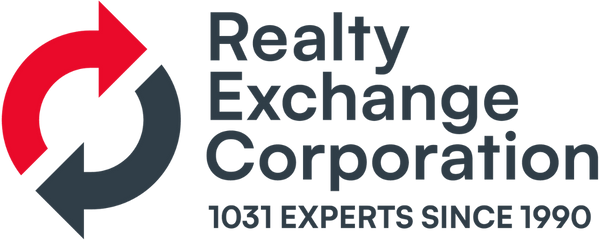Many people have heard of REITs – Real Estate Investment Trusts which are shares of a larger portfolio. However, in a 1031 exchange, you must own real property as your replacement; but in a REIT, you are purchasing a share of an entity which is not the same thing. Fortunately there are options for those pursuing similar investment strategies. Less well known is a DST – a Delaware Statuary Trust, interests of which is considered real property and so counts as owning real estate.
Investors who have chosen a 1031 Exchange to defer capital gains taxes may consider purchasing a beneficial interest in a Delaware Statutory Trust (DST) as a replacement property option. DSTs can be a great way to diversify an investment portfolio while still deferring taxes on the original sale of an investment property.
A DST is a legal entity that holds real estate assets. Investors can purchase a beneficial interest in a DST, entitling them to a share of the income and profits generated by the underlying real estate assets. This beneficial interest is treated as a direct interest in real property for tax purposes, meaning it qualifies as “like-kind” property in a 1031 Exchange. DSTs are typically created as private placements, thus only available to accredited investors and not traded on public exchanges.
One of the main benefits of using a DST in a 1031 Exchange is the potential for diversification. Instead of purchasing a single replacement property, investors can put their money into a DST that holds multiple properties or invest in multiple DSTs, potentially reducing risk and increasing returns. DSTs can also be a good option for investors who may not have the time or resources to manage a property.
DSTs are subject to the same regulations as any other replacement property in a 1031 Exchange, meaning an investor must identify potential replacement properties within 45 days of selling an original property and complete the exchange within 180 days of the sale. The DST sponsor should help provide an identification description to be provided to your Qualified Intermediary.
DSTs can have their unique risks and limitations for an investor, including potential illiquidity, limited length of ownership, and no control over the underlying properties. Only the DST management has control of the portfolio – not the beneficial investors. It’s essential to research any potential DST investment and work with a qualified professional to ensure that the DST meets investment goals and risk tolerance.
In conclusion, a Delaware Statutory Trust can be viable replacement property in a 1031 Exchange, particularly for investors looking to diversify a portfolio or simplify real estate investments. However, as with any investment, it’s essential to conduct due diligence and to work with a qualified professional to ensure compliance with all rules and regulations required for a successful 1031 Exchange.
